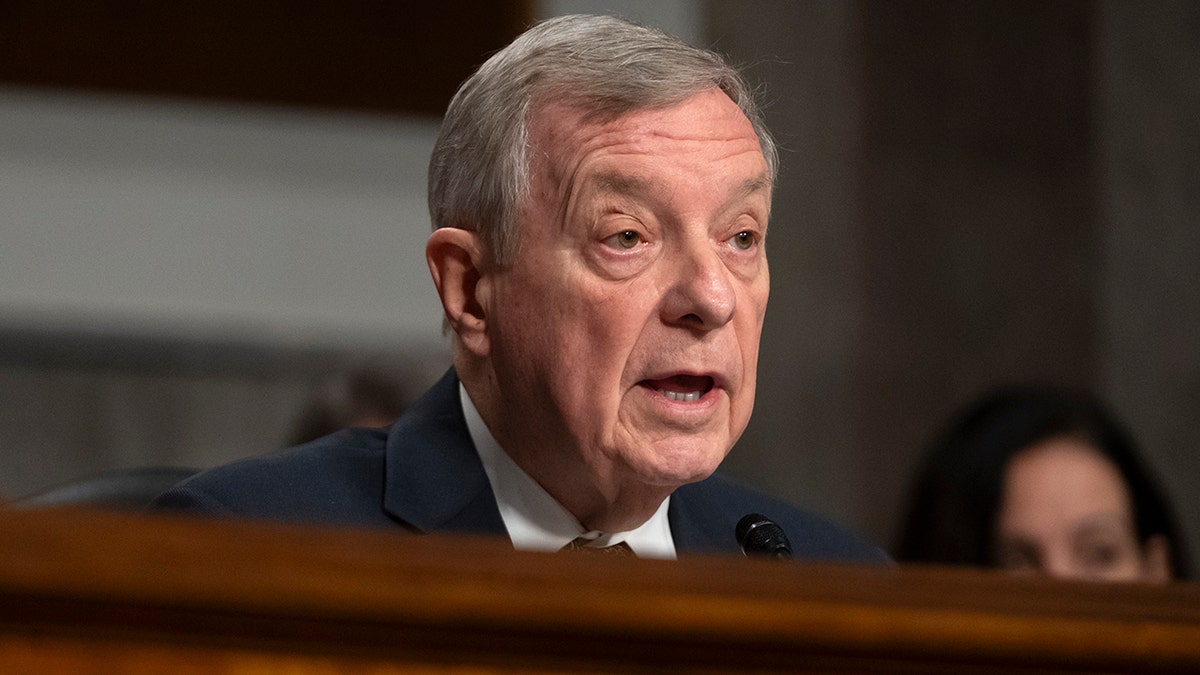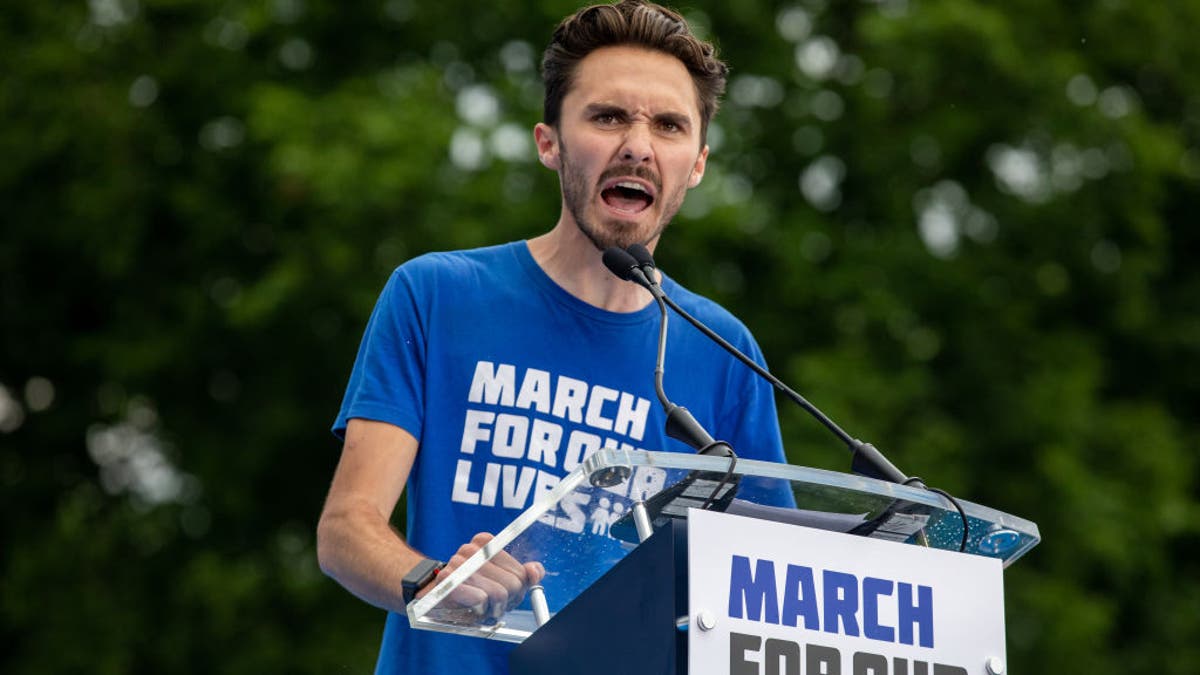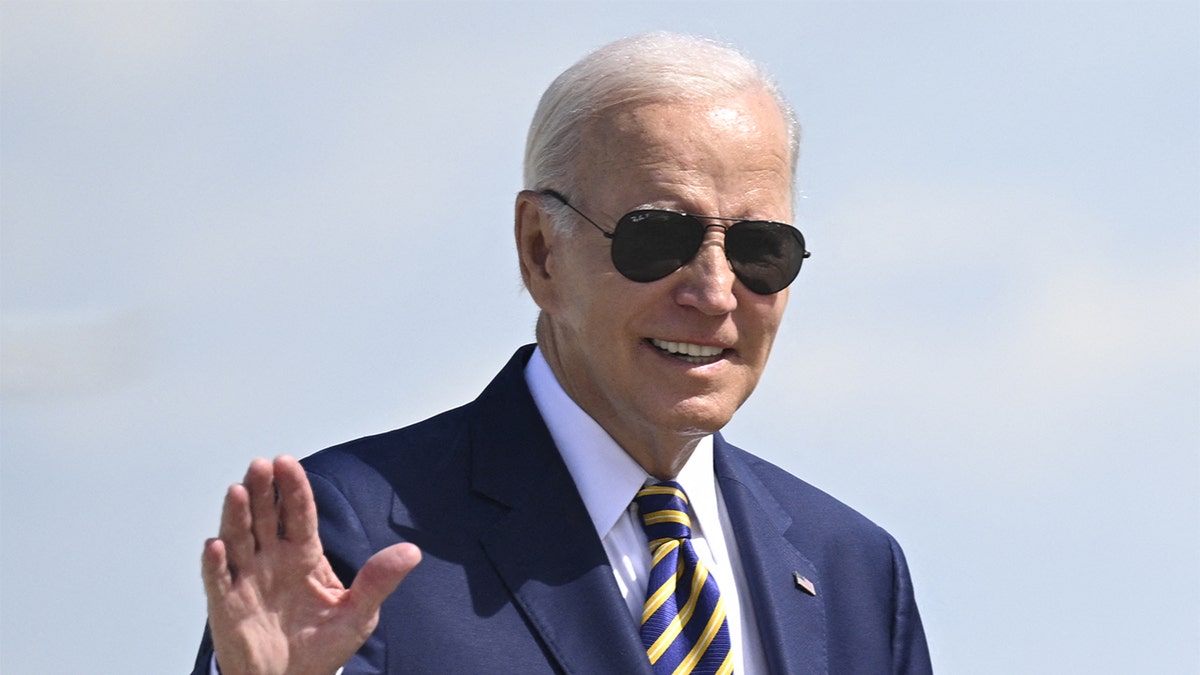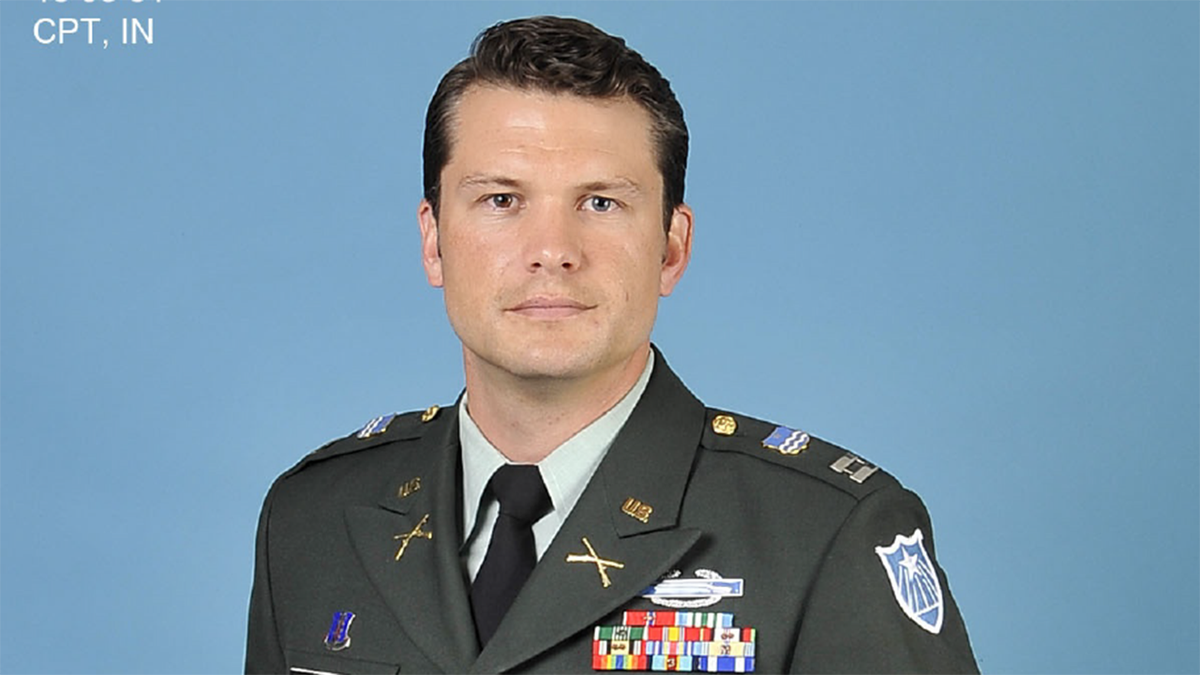President Biden expressed confidence in Turkey's decision to lift its objections to Sweden joining NATO, attributing the shift to his discussions with Turkish President Erdogan. While some of Erdogan's requests remain open, the White House has clarified that these are not directly linked to Sweden's accession.
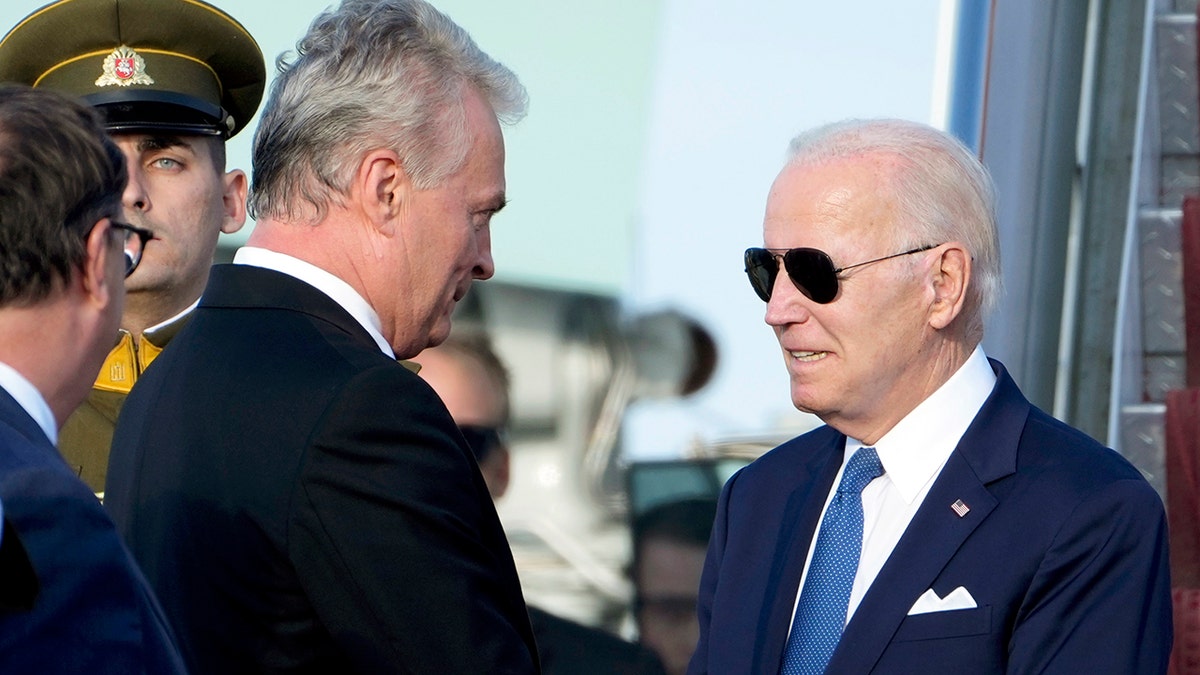
The agreement, reached after intense negotiations, paves the way for Sweden to become the 32nd member of the alliance. Biden emphasized NATO's commitment to mutual defense under Article 5, particularly in light of Russia's ongoing aggression against Ukraine.
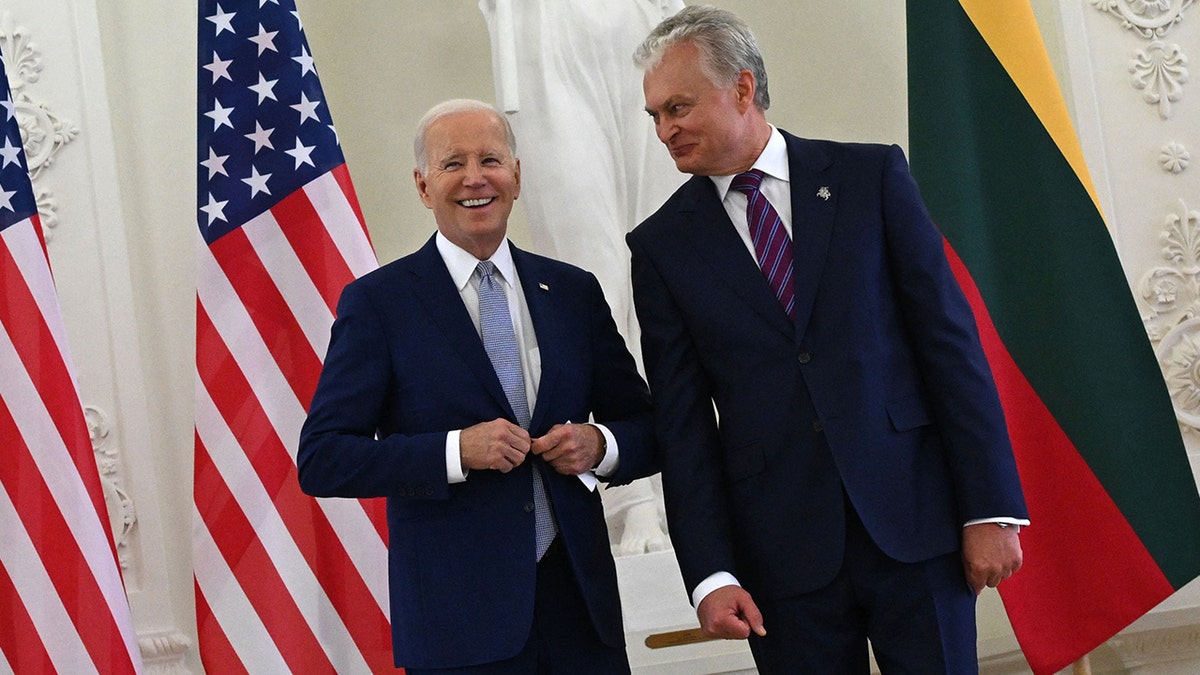
The summit also addressed the modernization of NATO's defense capabilities and the continued support for Ukraine, although the country's potential membership remains a topic of discussion. While Biden previously stated Ukraine was not yet ready, he adopted a more optimistic tone during the summit, highlighting ongoing discussions about strengthening NATO's eastern flank and supporting Ukraine's people.
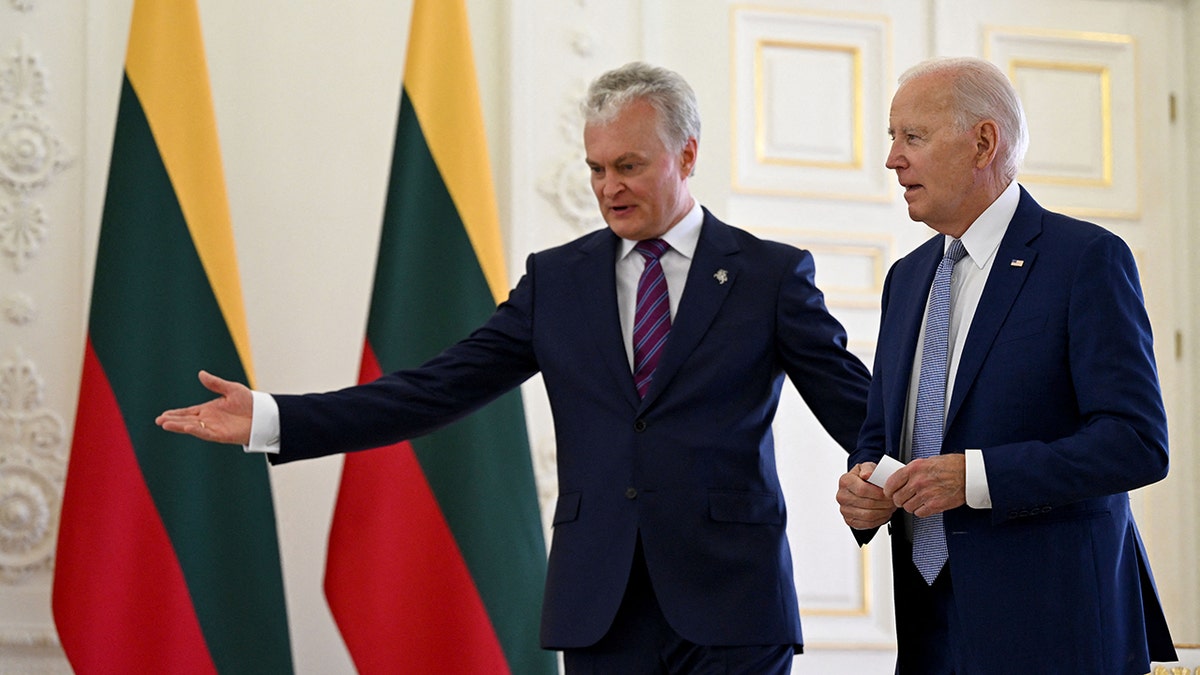
Finland's recent inclusion and Sweden's anticipated accession mark a significant expansion for NATO, driven by the changing geopolitical landscape following Russia's invasion of Ukraine. Both Nordic countries had previously maintained a policy of non-alignment.
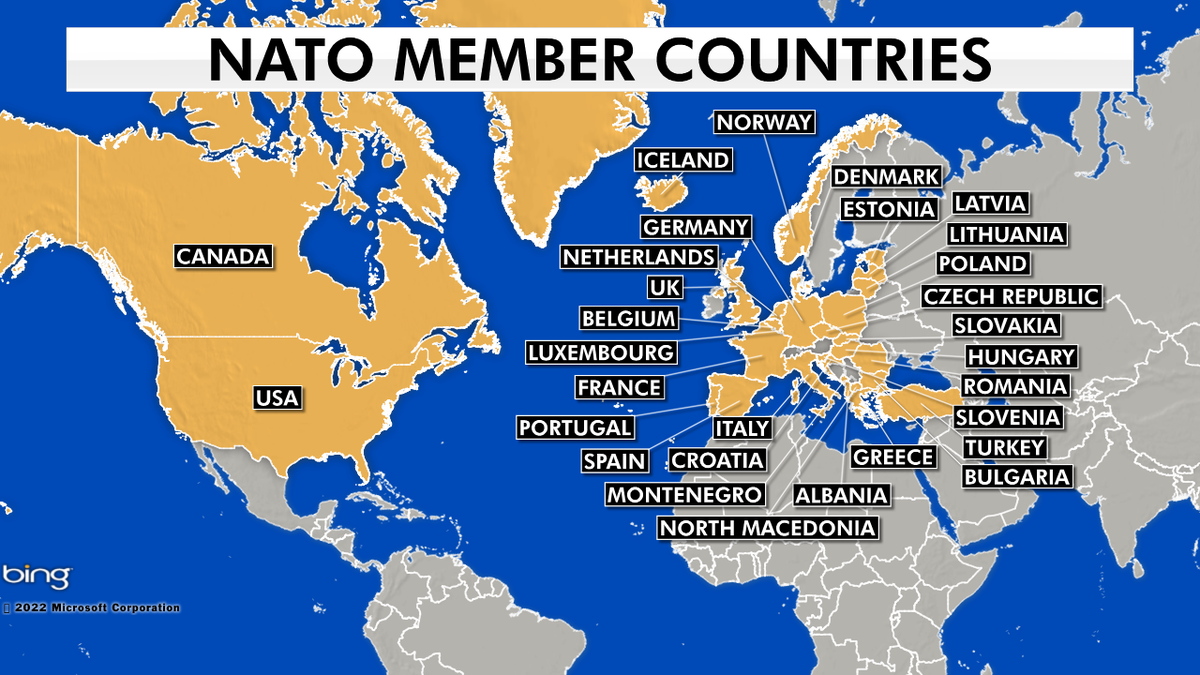
Ukraine's potential membership is another key agenda item. While some fear this could escalate tensions with Russia, NATO Secretary-General Jens Stoltenberg affirmed Ukraine's eventual membership while emphasizing the creation of a NATO-Ukraine Council to enhance political ties and consultation.
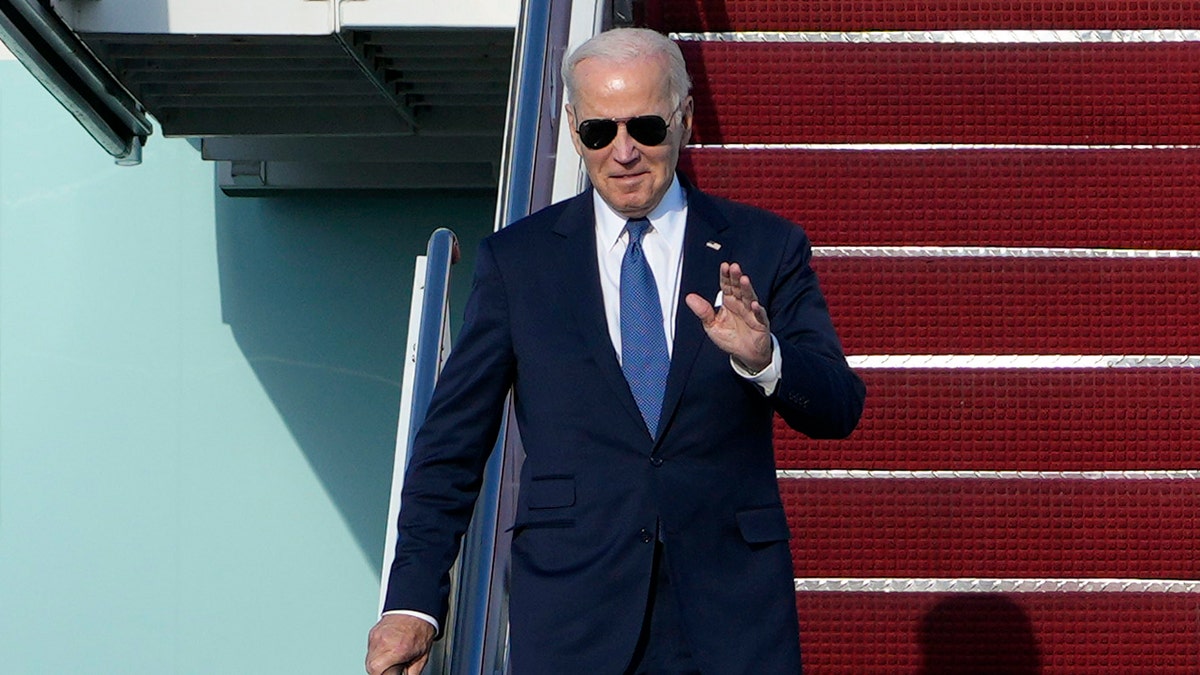
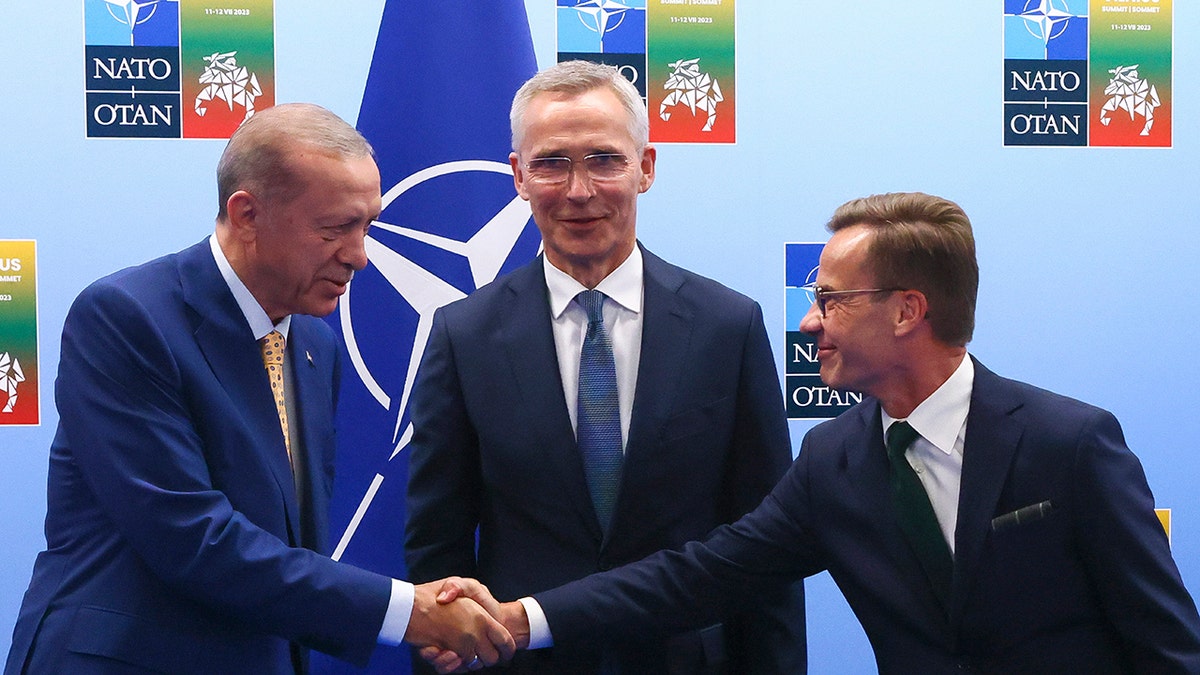
Ukrainian President Zelenskyy is expected to participate in the summit and meet with Biden. National Security Adviser Jake Sullivan confirmed that discussions are ongoing regarding Ukraine's pathway to membership. The NATO summit is a central component of Biden's European trip, which also included a meeting with King Charles III and will conclude with a visit to Helsinki.

